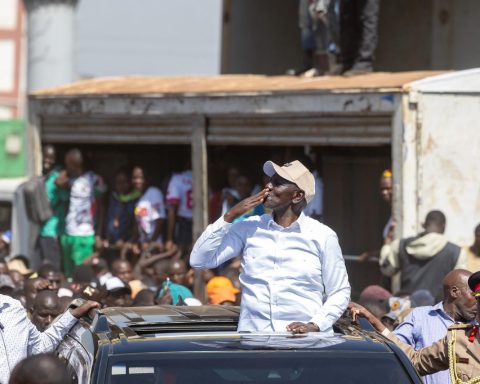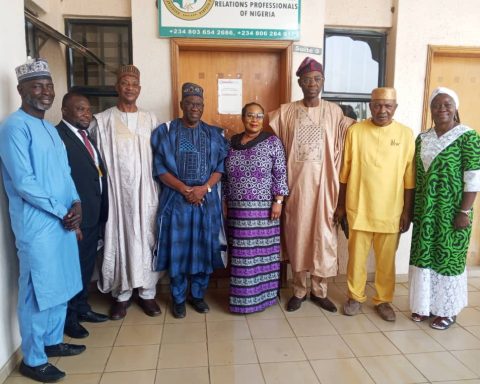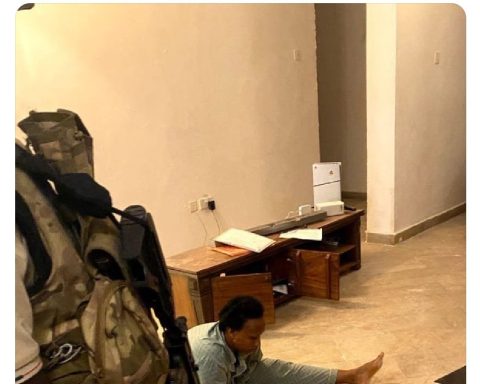Authorities in Sudan have launched emergency cooling centres in the city of Port Sudan after a deadly heatwave blistering the city killed at least 24 people and left over 120 others suffering from heatstroke.
According to Sudan Tribune, the number of heat-related cases reached 155, including the 24 deaths, as of Saturday. Health Ministry Director-General Ahlam Abdel Rasoul confirmed the figures, describing the situation as “critical” and urging residents to seek immediate help if they experience signs of heat exhaustion.
Join our WhatsApp Channel“A cooling centre has been activated in the Grand Market that works to cool down heatstroke cases until they are transferred by ambulance,” she said, adding that more centres were being set up.
Port Sudan, a coastal city already notorious for its blistering summer heat, has seen temperatures soar beyond 47°C (116°F) in recent weeks. But the current emergency, health officials say, has been worsened by three weeks of near-total power outages, leaving much of the population with no access to fans, air conditioning, or even a reliable water supply.
Residents who spoke to local media outlets described unbearable living conditions in the overcrowded city, which has also been overwhelmed by thousands of people displaced from Khartoum and other war-torn regions. Many of those affected are sheltering in makeshift camps and unfinished buildings with poor ventilation.
The government has come under growing pressure to respond more decisively. authorities last week began spraying city streets with water in an effort to lower surface temperatures.
Since Sudan’s civil war erupted in April 2023, Port Sudan has become the country’s administrative capital following the destruction of government institutions in Khartoum. The city has also become a lifeline for displaced families, international aid groups, and government ministries operating in exile.
READ ALSO: Sudan Conflict: Army Accuses Kenya Of Being Conduit For RSF As Crisis Deepens
But the city’s basic infrastructure, never built to handle such a massive influx, has begun to collapse under the strain. Hospitals are short-staffed and under-equipped, while the power grid has suffered rolling failures amid rising demand and fuel shortages.
“We’re witnessing the limits of a city stretched beyond capacity,” one local official said. “The heatwave has only exposed the underlying collapse.”
Sudan’s vulnerability to climate extremes has deepened over the years, made worse by conflict, economic decline, and institutional breakdown. Health experts say extreme heat is increasingly a silent killer, particularly in urban areas where concrete and poor housing design trap heat and offer little protection.
The people most at risk include the elderly, outdoor labourers, pregnant women, and children, many of whom are now turning to emergency cooling centres for relief.
The Health Ministry says it is racing to establish additional centres in crowded markets and port areas where workers are regularly exposed to direct sunlight for long hours.
But with temperatures showing no sign of easing and blackouts continuing across the city, humanitarian agencies warn that more casualties are likely unless immediate relief and long-term infrastructure support are provided.










